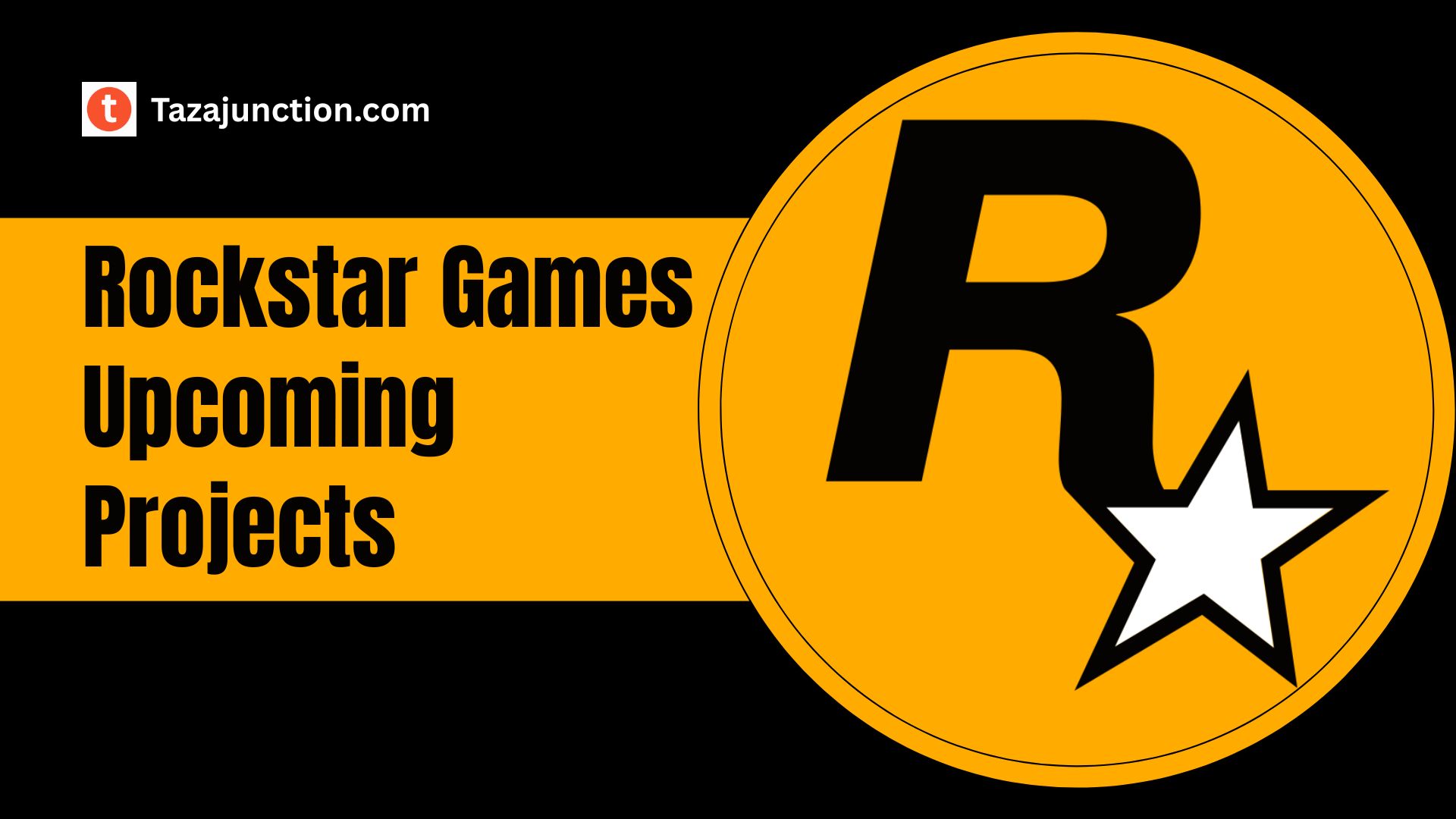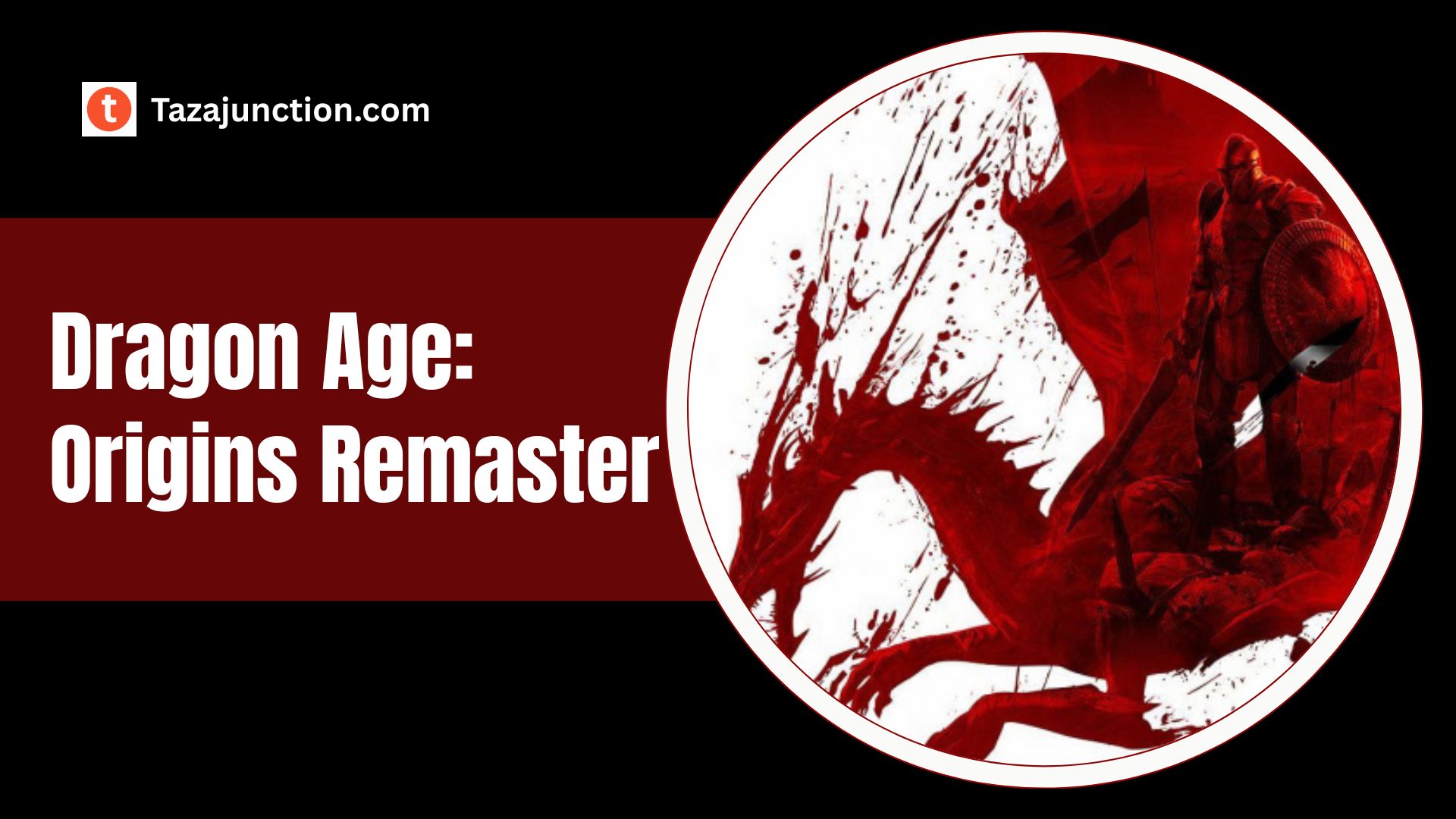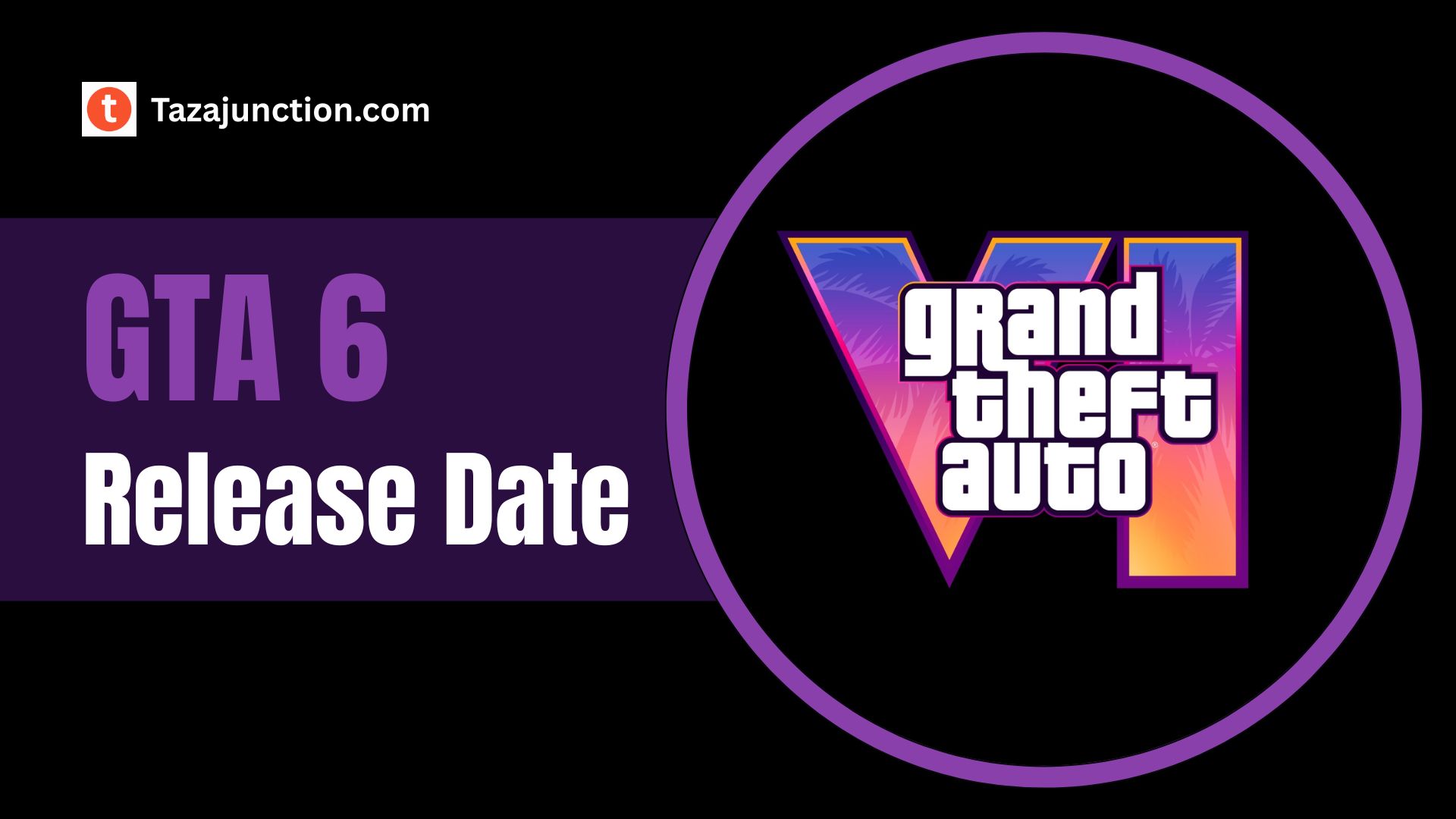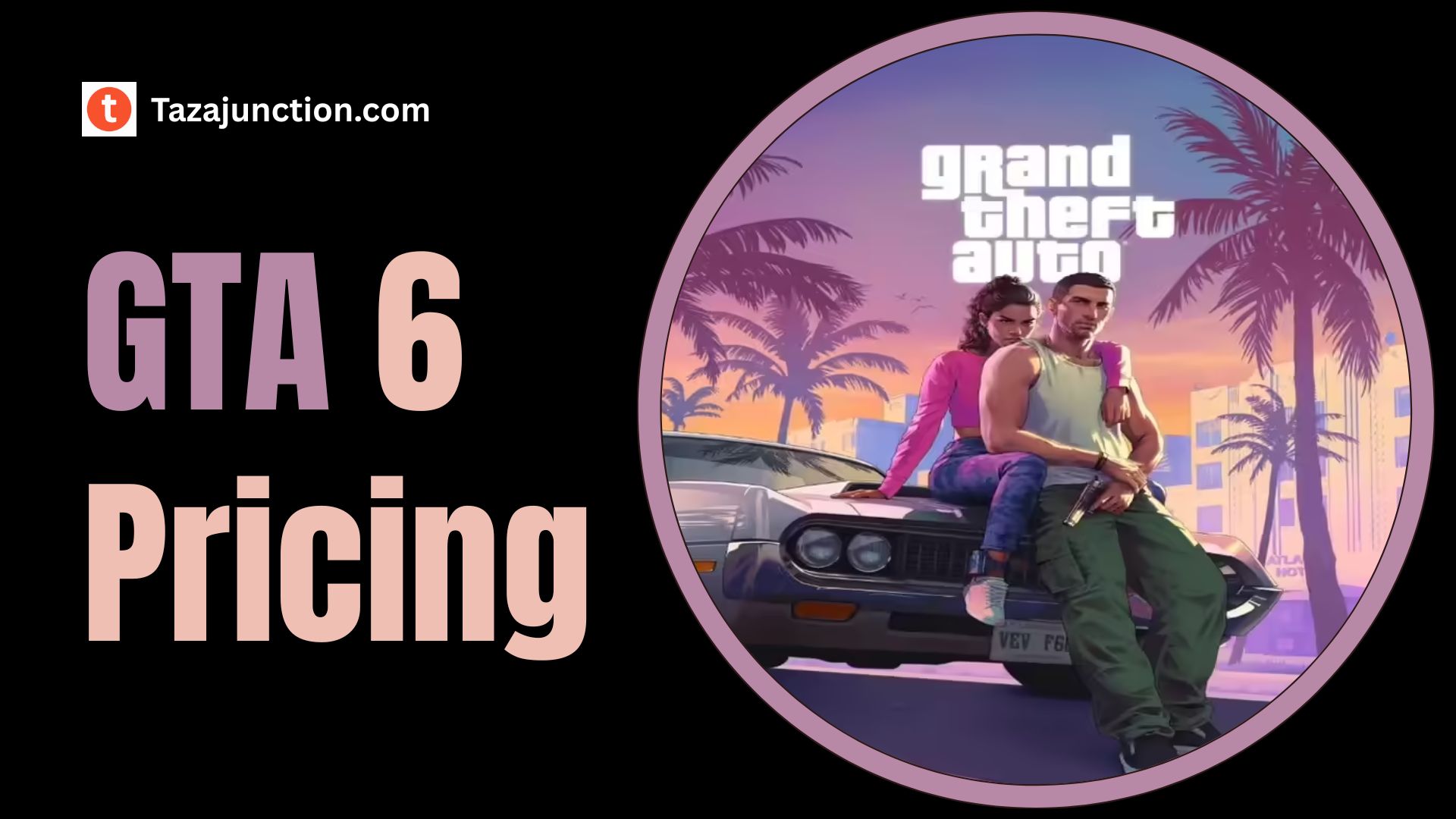When Rockstar Games officially confirmed Grand Theft Auto VI (GTA 6), fans across the globe erupted with excitement. But as development ramps up on the highly anticipated title, the legendary studio isn’t putting all its energy into just one project.
In fact, recent reports and rumors indicate that Rockstar Games upcoming projects go well beyond the next GTA installment. From long-awaited sequels to original IPs and next-gen enhancements of existing games, Rockstar’s development pipeline appears to be as ambitious as ever.
In this TazaJunction.com article, we dive into everything we know (and suspect) about what Rockstar Games might be working on in addition to GTA 6.
Table of Contents
A Legacy of Game-Changing Titles
Before exploring Rockstar Games upcoming projects, it’s important to understand the studio’s legacy. Rockstar isn’t just another game developer — it’s the mastermind behind groundbreaking titles like:
- Red Dead Redemption series
- Bully
- L.A. Noire
- Max Payne
- Manhunt
Each of these franchises has a loyal fanbase and a legacy of critical acclaim. Rockstar has set industry standards in storytelling, open-world design, and cinematic gameplay. That pedigree gives fans every reason to expect big things from what’s coming next.
Rockstar Games Upcoming Projects
1. Red Dead Redemption Remake or Next Entry?

Speculation has been swirling around a possible Red Dead Redemption remake for some time. Leaks and insider reports have hinted that Rockstar could be working on either a faithful remaster or a full-scale remake of the original 2010 classic.
Why it matters:
- The original game isn’t officially available on modern platforms like PS5 or PC.
- With the success of Red Dead Redemption 2, there’s massive demand to revisit the story of John Marston.
- Rebuilding the game in RDR2’s engine would deliver a visually stunning, narratively immersive experience.
If confirmed, this would be one of the most exciting Rockstar Games upcoming projects, tapping into nostalgia while elevating a fan-favorite title for a new generation.
2. Bully 2 – Still a Possibility?
Bully was one of Rockstar’s most unique titles. Released in 2006, it offered a quirky take on open-world gameplay with a schoolyard setting rather than the crime-laden streets of GTA.
Over the years, rumors of Bully 2 have repeatedly surfaced—and then faded. However, recent job listings and insider chatter have reignited hope.
Why fans are excited:
- The original’s cult following continues to grow.
- A sequel could explore more mature themes with older characters or a college setting.
- With modern hardware, Rockstar could massively expand the school-based open-world concept.
While not officially confirmed, Bully 2 is still one of the most requested Rockstar Games upcoming projects.
3. Max Payne Remake – Officially Announced
This one’s real. Rockstar is officially collaborating with Remedy Entertainment to remake Max Payne and Max Payne 2: The Fall of Max Payne. The project is still in early development, but it marks a return to one of Rockstar’s most iconic IPs.
What we know:
- The remake will use Remedy’s Northlight engine (the same as Control).
- Rockstar is fully funding the project.
- Both games will be packaged together as one full experience.
This collaboration highlights Rockstar’s willingness to revisit classic IPs, making Max Payne one of the most promising Rockstar Games upcoming projects.
4. New IP in the Works?
While Rockstar has built its empire on established franchises, the studio is no stranger to innovation. With GTA Online generating massive revenue, the company may now have the resources and freedom to explore completely new territory.
Industry insiders have hinted at:
- A sci-fi open-world game with narrative depth.
- A dystopian world that mixes elements of Cyberpunk 2077 and Red Dead Redemption.
- A more linear, story-driven project focusing on branching dialogue and character development.
Though still speculative, any new IP from Rockstar would be monumental, adding a fresh dimension to Rockstar Games upcoming projects.
5. GTA Online Expansion & Standalone Projects

Even as GTA 6 nears completion, Rockstar isn’t done with GTA Online. In fact, many developers are still actively building content for the game, ensuring its longevity and player engagement.
Potential updates include:
- A major map expansion or second city
- A new storyline tied into GTA 6’s themes
- More robust roleplaying systems, factions, and economy mechanics
Considering GTA Online’s success, it’s no surprise that Rockstar continues to treat it as a major pillar in its lineup of Rockstar Games upcoming projects.
6. L.A. Noire Follow-Up?
While not officially confirmed, L.A. Noire has long been rumored to have a sequel in development. The game’s facial animation technology was revolutionary at the time, and its detective gameplay was a departure from Rockstar’s norm.
Why it could happen:
- Renewed interest following the VR adaptation of L.A. Noire.
- High demand for single-player, detective-style games in today’s market.
- Rockstar’s ability to combine cinematic storytelling with open-world systems.
Though this sits lower on the likelihood list, L.A. Noire 2 would certainly be a welcome surprise among Rockstar Games upcoming projects.
7. Next-Gen Ports and Enhancements
Rockstar has a history of re-releasing its games on newer platforms with enhancements. GTA V saw multiple releases across console generations, and Red Dead Redemption 2 is still missing a native PS5/Xbox Series X version.
What fans can expect:
- Visual upgrades, faster load times, and 60FPS gameplay
- Ray tracing and performance modes
- Bundled DLC and online integration
While not new games, these updates still count among Rockstar Games upcoming projects, especially for fans wanting the best possible experience.
Development Strategy: Focused Yet Flexible
Rockstar has always been known for taking its time, often releasing only a handful of games each decade. However, the company appears to be rethinking its strategy:
- Multiple Teams: Rockstar reportedly has several dedicated teams working in parallel.
- Phased Releases: Games like GTA Online receive ongoing updates while flagship titles are built behind the scenes.
- Platform Optimization: Rockstar is increasingly focusing on optimized experiences for current-gen consoles and high-end PCs.
This more modular approach could allow Rockstar to manage multiple projects without compromising quality.
Final Thoughts
While Grand Theft Auto VI will undoubtedly be the crown jewel of Rockstar’s next generation, it’s far from the only project in the pipeline. From confirmed remakes like Max Payne to heavily rumored titles like Bully 2 and potential new IPs, the studio is preparing to make waves across genres and platforms.
If even half of the rumored titles come to life, the next few years could mark a golden era for Rockstar fans. As the studio continues to evolve, so does the scale and ambition of Rockstar Games upcoming projects—each one poised to leave a major impact on the industry.








